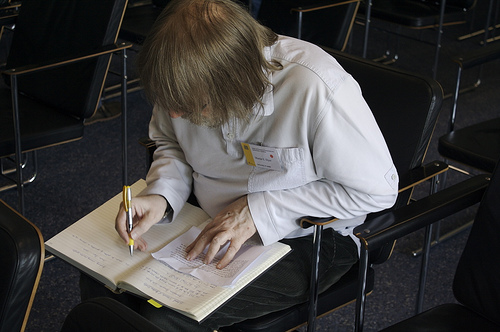Places to work on your thesis in Brighton
Brighton is renowned throughout the UK as a student magnet. With two universities and a music academy, there is a large population of students, many of whom stay on after their degrees because living there is so appealing. It’s a party town and a haven for alternative lifestyles of all stripes. Where else can you




